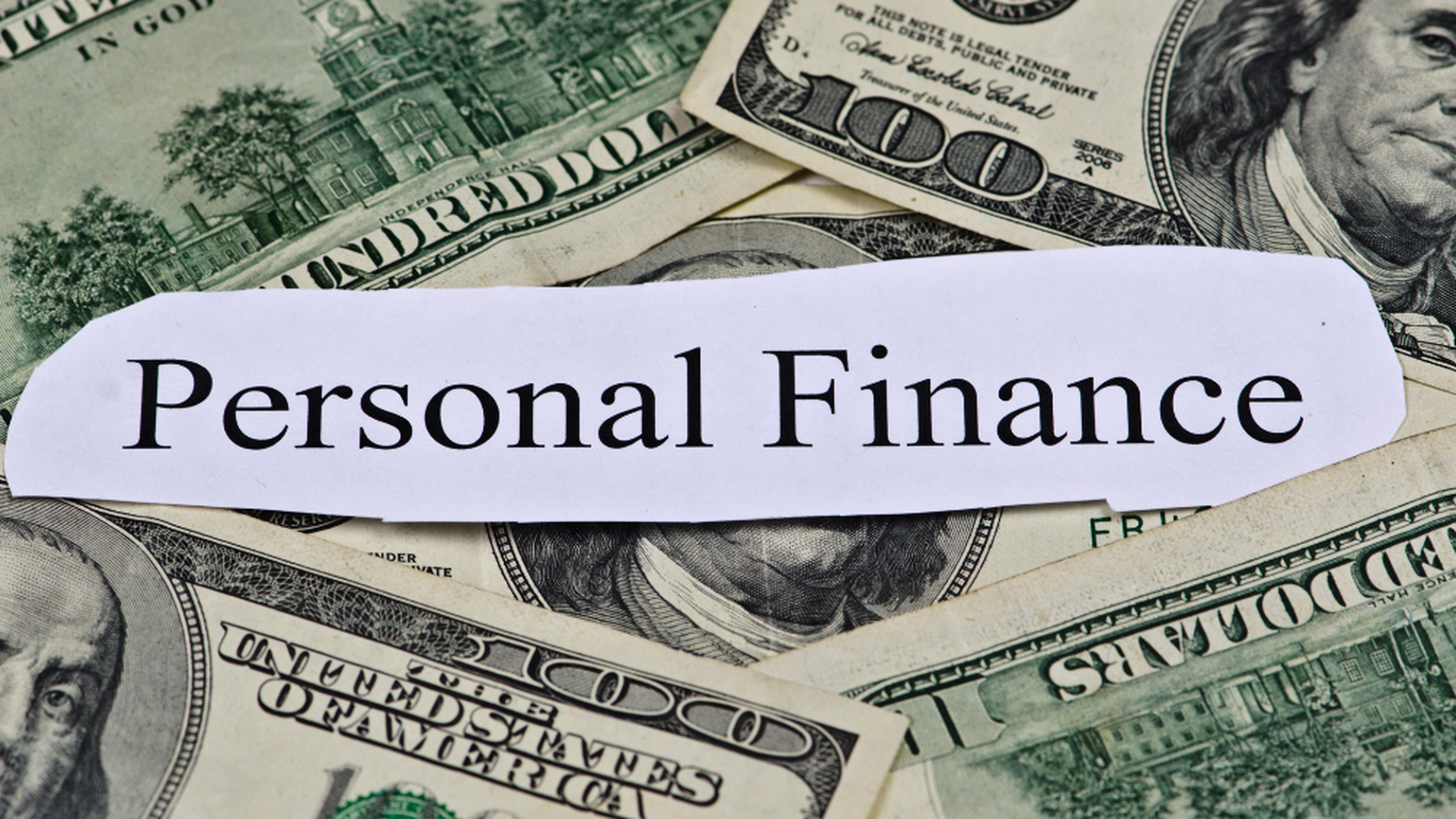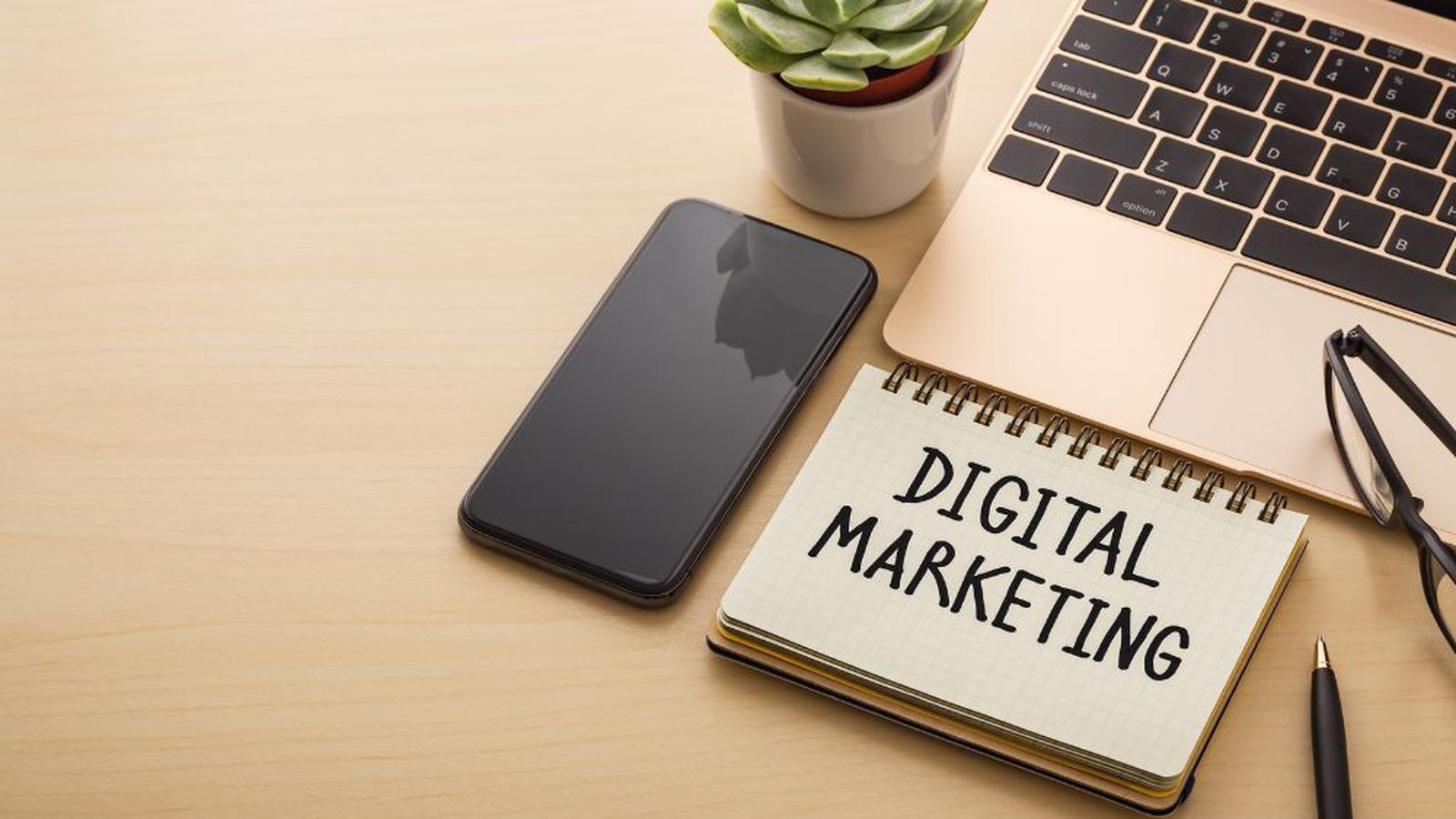11 Tips for Keeping Your Personal Finances Healthy

When it comes to your finances, you have three choices: spend less than you earn, earn more than you spend or both.
Proven Tips for Keeping Your Personal Finances Healthy
There’s no way around this basic fact of life; however, there are many different ways that you can manage your money and decide which approaches work best for you. Here are elleven tips that will help you keep your personal finances healthy and out of trouble.
1) Find a Money mentor
Choosing a money mentor can be difficult. No one is born knowing how to manage their personal finances, and sometimes you need help figuring out what steps are best for you to take with money. If there is someone in your life who has already figured this out, or if you have a family member or friend who has different approaches than yours, then ask them! They may not know that they can be an unofficial money mentor to you. Plus, it’s never too late to learn from someone else’s mistakes — the point of finding a good money mentor is that they share what they’ve learned and show you the way forward. Don’t make financial decisions alone.

2) Set Long-term Goals
Like short-term goals, these should be targeted and achievable. Your long-term goal can be anything from paying off credit card debt to making enough money to put a down payment on a house. Once you’ve established these goals, you can start mapping out how much time and money it will take to achieve them.
3) Practice Financial Mindfulness
Even if you make a lot of money, you will always find ways to spend it. Instead of giving in to random impulses, come up with a budget that works for you, stay committed to the plan and stick to it.
4) Create Realistic Monthly Budgets
When looking at different products or services, do not buy something just because the salesperson was persuasive or they offered you an incentive (e.g., coupons). You should also be skeptical of offers that seem too good to be true: Research before buying any product or service.

5) Review Everything in Detail Every Month
A monthly budget is an easy way to keep track of your spending habits and find ways to be more financially responsible. A realistic monthly budget may help you identify any money leaks or recurring expenses that you can adjust to save some cash in the long run. Start by listing all your sources of income, like a paycheck from work, then list all the expenses related to work like commuting costs, as well as any bills you need to pay like rent or mortgage payments, food costs, and other necessities. Next, list any recurring bills that are not part of work-related expenses such as utility bills, insurance payments and subscription services like Netflix or Spotify. Add up how much money you have left over each month after accounting for all these expenses.
6) Review Everything in Detail Every Month
Personal finance management should be a continuous process and not something you only do when you need to prepare for a large purchase. It is important to keep track of how much money is coming in and going out, including where it’s coming from, what it’s being spent on, and the consequences of spending more than you have coming in.
7) Know the Difference Between Wants and Needs
This is an important distinction. Wants are things you’d really like to have but aren’t necessarily crucial, while needs are items you can’t do without such as housing, food, and clothing. Once you’ve identified your wants and needs, start trimming the fat to figure out what is non-negotiable and what can be reduced or eliminated.
8) Save Save Save!
The most basic tip is to save as much as you can. Start by following the 50/30/20 rule: keep half of your income after taxes in a checking account, spend 30% on essential needs and anything else left over should go into savings. If you are putting money into a retirement account such as an IRA or 401(k), continue to put more than 10% of your income (enough to max out the annual limit) while gradually transitioning away from spending so much on living expenses.
9) Have an Emergency Fund
A robust emergency fund is key to stabilizing your finances. Have an emergency fund of three to six months worth of living expenses, including housing, transportation, food and utilities. This is a cushion that can be drawn on when you don’t have the funds available to meet a need in the near future like paying for car repairs or medical bills. Make sure it’s accessible (for example, in a checking account), but don’t use it unless necessary.
10) Be Wise With Credit
In order to take care of your finances, be wise with credit. Credit cards offer an easy way to make a purchase now and pay it off later, but they can also land you in debt if you’re not careful. One way to be wise with credit is by making sure that you only use it when you have the money to pay off the balance at the end of the month.
11) Invest as Early as You Can
Investing money early will allow you to get more money back, because of the power of compound interest. In other words, if you invest $10 and after 10 years the value is $30, if you invest only $5 but it takes the same 10 years to double in value to $10, then your final sum is $15 rather than the full $30.

Wrapping Up
There are a lot of things that can impact the health of your personal finances. Hopefully, this list has been helpful in pointing you in the right direction as you work to take care of your money. Remember, it’s never too late to make a change and start taking better care of your wealth! So what steps have you taken? What other steps could you take? We would love to hear from you
Post a Comment

Posted by Tech-Hood 254
Equipping Africans to become financially independent through digital entrepreneurship and empowering you to start legit and sustainable online businesses!


